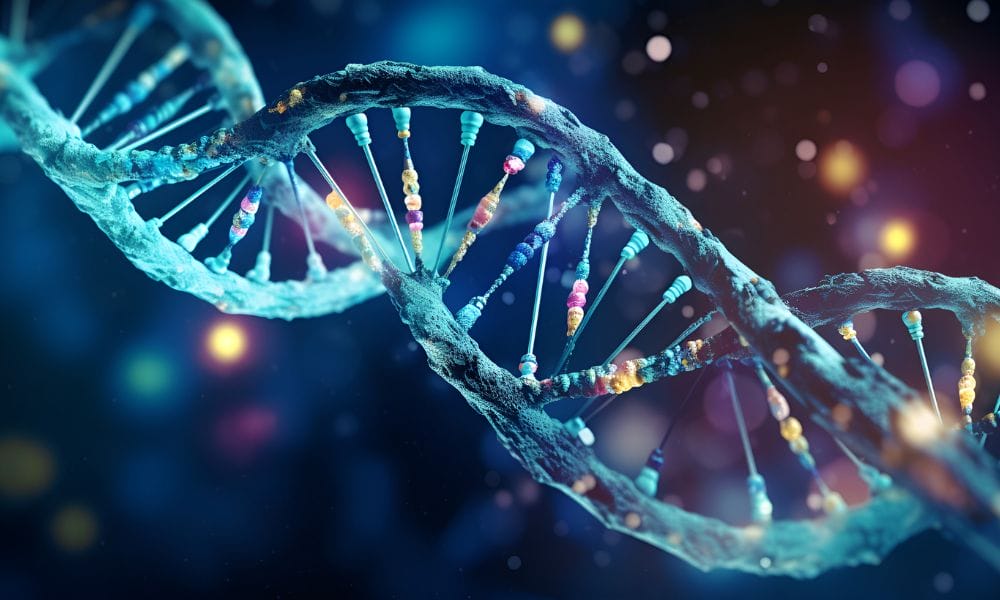Genetic testing is rapidly gaining popularity as a tool for monitoring personal health. DNA screenings offer a powerful way to optimize health and wellness by providing insight into areas for improvement. From nutritional deficiencies to mental illnesses and personal health risks, genetic testing empowers individuals to take control of their health and well-being. Discover four key things DNA can tell you about your personal health.
Nutritional Deficiencies
DNA screenings can reveal crucial information about an individual’s nutritional needs and deficiencies. By analyzing genetic markers associated with metabolism, researchers can identify specific vitamins and minerals that individuals may be lacking in their diet. This information can then be helpful in developing personalized nutrition plans to address these deficiencies.
For example, individuals with a genetic predisposition for vitamin D deficiency may benefit from increased exposure to sunlight or from taking vitamin D supplements. Similarly, those with difficulty metabolizing certain nutrients may need to adjust their dietary intake to ensure they get the nutrients they need.
Metabolic Efficiency
Along with identifying deficiencies in your metabolism, DNA screenings can provide valuable insights into your metabolic efficiency. Researchers can better understand an individual’s ability to process different types of macronutrients, such as carbohydrates and fats. They can use this information to develop personalized dietary plans that optimize nutrient absorption and energy metabolism. For example, individuals with a genetic predisposition for insulin resistance may benefit from a low-carbohydrate diet. At the same time, those with a higher metabolic rate may need to consume more calories to maintain a healthy weight. By leveraging DNA data, individuals can better understand how their bodies process nutrients.
Mental Illnesses
Mental illnesses are a group of disorders that affect an individual’s thinking, mood, or behavior. Common mental health conditions include anxiety disorders, depression, bipolar disorder, post-traumatic stress disorder (PTSD), and schizophrenia, among others. Each condition has its unique symptoms and treatment options. While we don’t know the causes of mental illness, genetics, environment, and life experiences may all play a role. In terms of genetics, DNA screening can identify various chemical differences and hormone imbalances that are common among individuals with clinical depression. Along with family history and other essential information, genetics can play a role in depression diagnosis.
Personal Health Risks
Understanding your personal health risks is essential for maintaining optimal health and well-being. Genetic factors can influence many physical ailments and diseases, such as heart disease, cancer, and diabetes. By analyzing DNA data, researchers can identify specific genes that may increase an individual’s risk of developing these conditions. Armed with this information, individuals can take proactive steps to reduce their risk, such as making lifestyle changes, undergoing regular check-ups, or participating in screening programs. DNA testing can also provide insight into an individual’s response to certain medications, enabling health-care providers to personalize treatment plans based on an individual’s unique genetic makeup.
There are many essential things that DNA can tell you about your personal health, from mental and physical health risks to vital nutritional information. DNA screening can help patients better understand their potential risks later in life.








